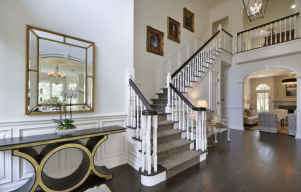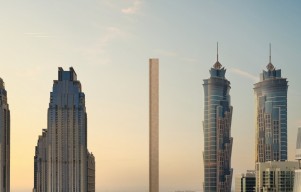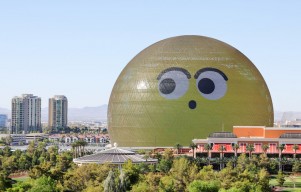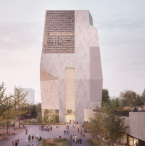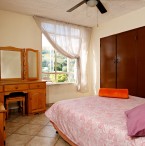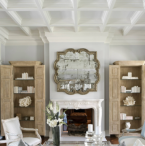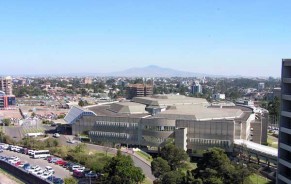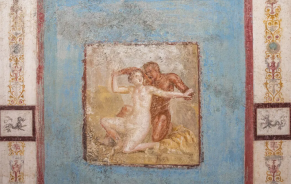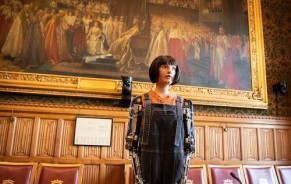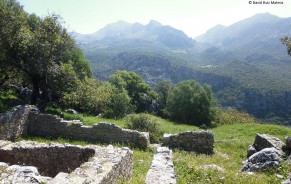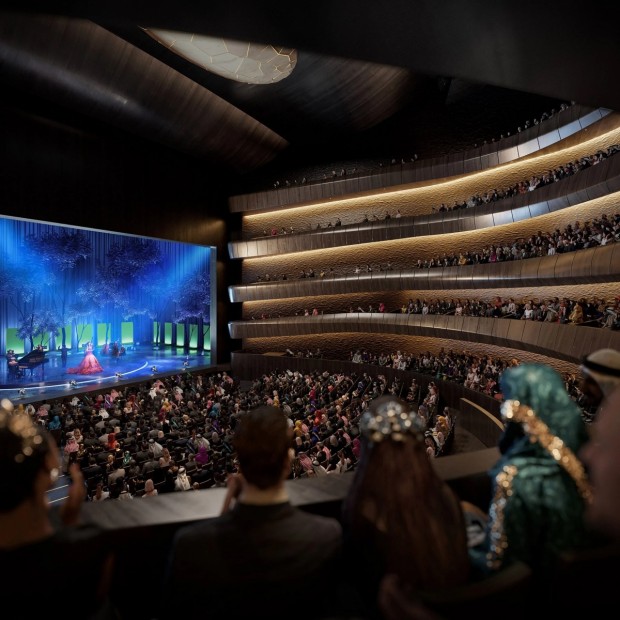
In the heart of Diriyah, Saudi Arabia, the Royal Diriyah Opera House, designed by Snøhetta, is set to redefine cultural spaces, drawing inspiration from traditional Saudi architecture and desert landscapes. This architectural masterpiece is not just a venue; it's a shaded oasis, an homage to heritage, and a testament to sustainable design.
Scheduled to open in 2028, the Royal Diriyah Opera House stands as a cultural beacon within the ancient area of Diriyah, part of a transformative initiative by the Diriyah Company and operated by the Royal Commission for Riyadh City. Snøhetta's design pays homage to the local Najdi architecture, preserving cultural heritage while embracing Saudi traditions and heritage.
The cluster of interconnected buildings, spanning 46,000 square meters, creates a shaded oasis from the desert heat. Intertwining green gardens, inspired by the oasis communities along the Wadi Hanifah valley, enrich cultural and recreational experiences. These public spaces, accessible to all, feature vegetation, water misting, and careful selection of endemic plant species, fostering biodiversity and a climate-specific ecosystem.
Also Read: HasleTre: Oslotre's Pioneering Timber Office in Norway, a Sustainable Beacon of Innovation

Architectural Elegance and Sustainability
The design concept, rooted in transforming the earth from Wadi riverbeds, results in buildings constructed with natural materials such as palm, stone, and earth. Inspired by the region's geometric patterns, history, and craft, the linear forms showcase distinct textures, offering new perspectives on traditional shapes.
The opera house comprises four venues catering to different performance types. A 2,000-seat opera theater, a 450-seat adaptable theater, and a 450-seat multipurpose theater accommodate diverse events. A 450-seat shaded rooftop amphitheater adds an outdoor dimension to the overall experience. Public spaces extend beyond performance areas, strategically oriented to create shaded zones accessible to everyone.
Sustainability is at the core of the design, optimizing open spaces and natural lighting. The roof surface supports photovoltaic installations, contributing to on-site clean energy production. Radiant cooling is achieved through chilled ceiling panels and displacement ventilation. The design incorporates water conservation, efficient lighting, building orientation, and thermal comfort strategies, setting new environmental standards for cultural spaces.

Cooling Innovations in the Desert Heat
Snøhetta's innovation shines in the cooling strategies for the Royal Diriyah Opera House. Drawing inspiration from the clustered mud structures in the region, the venue features open passages connecting the structures, providing respite from the intense Saudi heat. Garden areas with vegetation and water misting systems further lower the temperature.
The use of concrete and steel, rather than traditional mud, ensures structural integrity. Still, the building retains a connection to its roots, incorporating natural materials and reflecting the values of Najdi's cultural identity.
As the final notes of anticipation crescendo, the Royal Diriyah Opera House stands poised to redefine Saudi Arabia's cultural landscape and the global perception of architectural ingenuity. Snøhetta's design, deeply rooted in Najdi heritage and sustainable practices, transforms the ancient area of Diriyah into a contemporary cultural oasis. The interconnected buildings, inspired by traditional mud structures, symbolize a journey of transformation, much like the earth from the Wadi riverbeds. This architectural masterpiece, set against the desert backdrop, seamlessly blends tradition with innovation, creating an inviting space for all to enjoy.
Beyond its role as a venue, the opera house becomes a shaded oasis, a haven where public spaces intertwine with green gardens, offering respite and cultural enrichment. Sustainability takes center stage, setting new environmental standards for cultural spaces and inspiring a global shift towards responsible design.
Related Article: Riyadh's Annual 'RHS Street Art Festival' Gathers 30 Artists To Turn Building Abandoned for 15 Years Into Big Artwork


